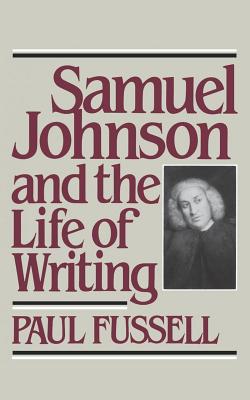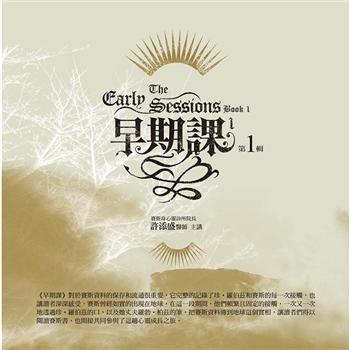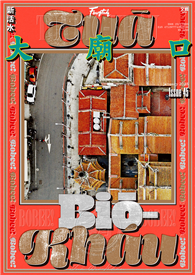Not everyone is as innocent as this engaging complainant. Most people who read know something about Johnson, enough at least to summon up images of him asseverating No, Sir, knocking back endless cups of tea, rambling over the Hebrides, puffing out his breath like a whale, repressing Boswell, standing bareheaded in Uttoxeter Market, and having a frisk with Beauclerk and Langton. And now, thanks to the Johnsonians of Yale, Columbia, Oxford, and Lichfield, our knowledge of the man and his social environment has increased more than anyone fifty years ago could have imagined. But despite prodigies of research and documentation, an interest in Johnson that could be called literary has been wanting. One suspects that for every hundred persons familiar with the classic Johnson anecdotes there is perhaps only one who has actually read the Rambler or the Idler or even the Lives of the Poets. And if the writings are still little read for their own sake, they are almost as little written about as attractive objects of criticism. Yale s new edition of the writings, the first since the early nineteenth century, is an occasion to perceive that for all his value as conversational goad and wit and for all his attractiveness as a moral and religious hero, Johnson s identity remains stubbornly that of a writer."
| FindBook |
有 1 項符合
Samuel Johnson and the Life of Writing的圖書 |
 |
Samuel Johnson and the Life of Writing 作者:Fussell 出版社:W. W. Norton & Company 出版日期:1986-04-01 語言:英文 規格:平裝 / 320頁 / 20.3 x 12.7 x 2 cm / 普通級/ 初版 |
| 圖書館借閱 |
| 國家圖書館 | 全國圖書書目資訊網 | 國立公共資訊圖書館 | 電子書服務平台 | MetaCat 跨館整合查詢 |
| 臺北市立圖書館 | 新北市立圖書館 | 基隆市公共圖書館 | 桃園市立圖書館 | 新竹縣公共圖書館 |
| 苗栗縣立圖書館 | 臺中市立圖書館 | 彰化縣公共圖書館 | 南投縣文化局 | 雲林縣公共圖書館 |
| 嘉義縣圖書館 | 臺南市立圖書館 | 高雄市立圖書館 | 屏東縣公共圖書館 | 宜蘭縣公共圖書館 |
| 花蓮縣文化局 | 臺東縣文化處 |
|
|
圖書介紹 - 資料來源:博客來 評分:
圖書名稱:Samuel Johnson and the Life of Writing
|











